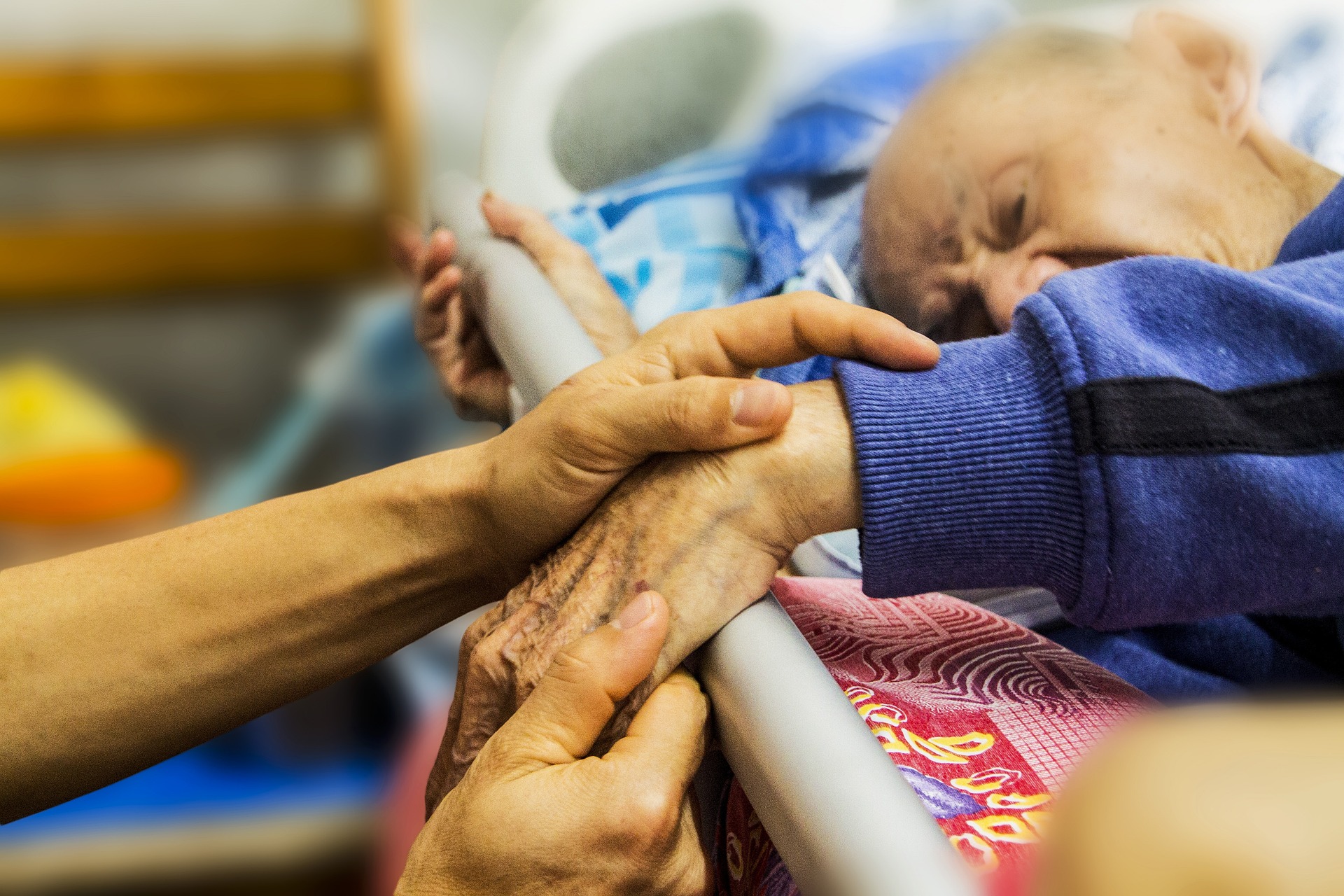Facing the end of life is an experience we all share – but our commonality doesn’t make it any easier when the time comes. Hospice care is one way families can receive emotional and physical assistance when their terminally ill loved one nears the end. Contrary to popular belief, hospice care is not a place such as a hospital – it is a type of professional care that can be provided at a medical facility, assisted living community, or private home. The objective is no longer trying to provide a cure or to seek improvement but to keep the patient comfortable and pain-free for the duration of their time.
Therefore, hospice care is about optimizing the quality of life, focusing on compassion, providing spiritual and emotional support, and pain management. It is typically recommended for those with six months or less to live.
Hospice Care Plans
The hospital, nursing home, or insurance provider often recommends a hospice provider. Once a choice is made, an initial meeting with a hospice representative will take place involving the patient and those family members directly involved with their care. The hospice professional will assess the patient’s condition and understand the services that will be provided. Once your loved one is admitted to the program, you can develop a care plan. Remember to respect the desires and needs of the patient, not those of the family. Now is a time to honor your loved one’s wishes.
Care plans are unique to the circumstances of each patient and family. A typical care plan generally includes:
- Palliative care and symptom and pain management, with less concern about needing drugs that may be addictive.
- Respite care, such as moving into a nursing home for a short period to give the family a break, may be necessary.
- Spiritual or religious care, as patients may wish to incorporate visits from an appropriate chaplain or spiritual advisor. This aspect may be offered to the family as well.
- Family meeting schedules to keep the family up to date on the patient’s condition.
- Mental health counseling for friends and family members throughout the duration of the illness, including bereavement counseling after the patient passes away.
- Occupational, physical, or speech therapy services as needed due to the situation.
- House calls from the hospice doctor or free transport to a medical facility if appropriate.
- Assistance with activities of daily living, including bathing and dressing, as required.
- Companionship and supervision to provide the families with breaks for errands or to take care of other responsibilities.
- Education and guidance for the family on how best to care for their loved one.
Choosing a Hospice Care Counselor
While medical supervision is essential, the most significant aspect of hospice care is often the emotional and spiritual support professionals provide during this emotional time. Having access to a caring and compassionate counselor can help the family express and process their feelings and allow the patient to discuss their fears and concerns with an outside party. Often those in hospice do not want to burden their family with their true emotions further, so a counselor is an excellent resource. Choosing a counselor who respects and honors your spiritual beliefs is imperative at this time.
Denise Schonwald is a nationally certified mental health counselor that provides professional hospice care counseling throughout the Sarasota and Lakewood Ranch communities. If you have questions regarding counseling during hospice care, call today.

